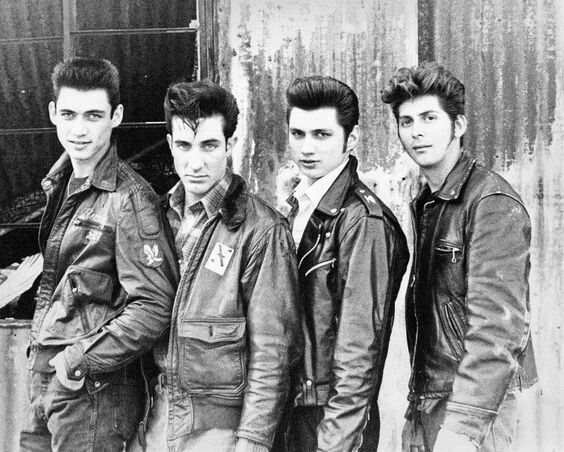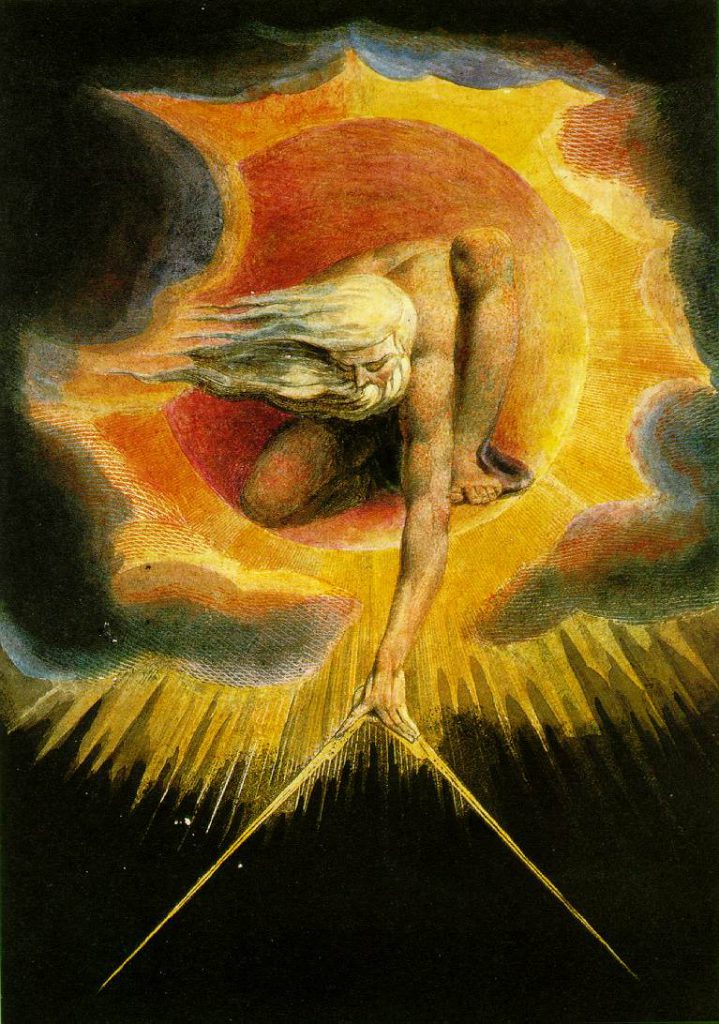Welcome to article #3 of The Combat Report, the developer blog for the alternate-history love and war VN, Steel Hearts. Following the last two articles, this one focuses on Hannah, another heroine.
Minor character details may be “spoiled” ahead, but there are no major spoilers or other plot details that would ruin a first-time read of the VN.
Tomboy Meets World
“Scary people don’t have perpetual bedhead.”
Caleb Hartmann
There’s a lot to say on Hannah. She was initially made to fill the role of a delinquent-ish tomboy, one who was a foil to the more straight-laced Brynhilde and a companion to the misfit Lisabet, who she initially “wingmans” for. “Ritter” means “knight” in German, so it’s fitting that she comes into conflict with Brynhilde, who holds another warrior-like name.

Tomboy in what way? For one, she looks the part. She has short hair, wears boyish clothing, has a boyish figure. What else? Many tomboys are peppy and energetic, but Hannah, not so much. I pen Hannah as more of a stoic (in the modern sense of the world, not the philosophy). In her “default” state, Hannah is detached and unemotional. Hannah is implicitly concerned with function, utility, and “making things work”. Are these boyish/tomboyish traits? Well, they certainly aren’t girlish, especially since Hannah’s stoicism is often supplanted with a veneer of smugness, sarcasm, or occasional vulgarity. Her true feelings, however, are hard to find (definitely a boyish trait, I think). More on that.
Hannah is utility–making things work, making things easier. Take her design–short hair is easy to maintain (and considering her messy hair, she might not even make more than a cursory attempt). Her boyish clothing (especially so for the time period), jeans and a thick jacket, make sense for what she does. Hannah rides a motorcycle, and works on automotive projects in the school’s motor club. You can’t really ride a bike in a skirt, after all, so jeans make sense, and the jacket protects a bit from dirt or the occasional spill-out. Likewise, the clothing lends itself for her kind of mechanic work–her getup isn’t really something she minds getting dirty and grimy.
But enough about design (or I could give you an essay about her ahoge)… What about her conflicts?
Rough and Grumble
“I’d say something like ‘just don’t ask me for anything ever again’, but we both know that’s not a realistic demand.”
Hannah Ritter
In being utility-focused, that also means Hannah is stubborn. It’s her way, or… hell, it’s her way. Consider her conflict with Brynhilde–Hannah ends up butting heads with her over (relatively minor) rule offenses. Does Hannah fancy herself a rebel, punk, whatever? No, it’s just that following (in her eyes, meaningless) rules is inconvenient. Why can’t she park her motorcycle on school grounds? Brynhilde, on the other hand, isn’t so concerned with the rules either, despite being the Student Council President. Instead, she views Hannah’s actions as a directed sort of disrespect towards her. And Hannah is not one for respect–except toward her friend Lisabet, with which she shares that sort of camaraderie that misfits have toward each other.

Therein lies the secondary conflict of the common route. Instead of two somewhat passive characters involving the protagonist Caleb directly in a love triangle, two very headstrong characters clash in a quite in-your-face way, and Caleb has to mediate them. Why does he have to do that?
As Caleb gets roped into doing Student Council work due to the continued absence of his class rep, so too does he get involved coming between Hannah and Brynhilde. This comes to a head when it is discovered that the Student Council and Motor Club have been randomly selected to develop an event together for the Spring Festival. And so, the unstoppable force meets with the immovable object as Caleb tries to divine a solution they can both agree to.
The Check Engine Light Is On But I Still Work
“The only thing worse than nightmares are dreams.”
Hannah Ritter
But what of Hannah’s route? After the festival is all said and done, and Caleb begins to pursue Hannah, what then? As a utility-minded person, Hannah tends to avoid confronting her feelings and emotions. Why? Well, emotions are inconsistent, not useful, and, well, scary. And as a stubborn person, Hannah’s not the type to own up to any of that. Related to an anecdote I’ve seen myself, Lisabet once told Hannah the story of Gnosticism and the Demiurge (in short, an evil or foolish god that created the material world), and Hannah ran with it, blaming the mythical Demiurge for her problems. She doesn’t really believe it, but it’s an easy cope for when things get hard.
As Caleb pursues Hannah, she pushes him away in-turn so she doesn’t have to confront his (or her) feelings. However, this plan fails when Caleb gets a job to pay for the repairs of his family’s antique clock that he broke–by divine coincidence (thanks Demiurge), Caleb starts working at the same establishment Hannah does (What sort of place? Read the VN! It’s not anything you’d expect!). So, avoiding Caleb quickly becomes next-to-impossible.

As a whole, Hannah’s route is intended to be more “cerebral” than the others. What I mean by that is, instead of some external force driving a wedge between Caleb and his heroine, the conflict lies within Hannah. Her guilt for betraying Lisabet, her fear of her feelings, her disgust of her lust, her love, her hate… All these come into play. It’s an introspective tale on love. Contrast with Brynhilde’s route, a bombastic tale filled with dramatic, exaggerated characters and lots of pomp and action. Hannah’s route instead is more concerned with what’s deep inside, emotion and feeling directed inward instead of outward.
But hey, don’t think that Hannah’s route is all gloom. There’s a lot of fun to be had, too–I’m a writer, not a sadist. I promise you can look forward to work shenanigans, some truly heartfelt romantic moments, and even some real delinquency–the kind that gets you thrown in jail, not just detention.
Hannah is someone who sees the world differently, and who is quite different herself. When you’re used to being so alone, someone reaching out to you is scary. It’s uncharted territory. This wasn’t in the manual. Accepting someone else is one thing–but accepting someone who has accepted you–that’s difficult, isn’t it?
Afterword
Thanks for reading! If you’re interested in Steel Hearts, feel free to follow this blog, or follow us on twitter at https://twitter.com/heartscorps.
Contact me at:
Twitter – https://twitter.com/PalladionHearts
Discord – Palladion#5914



Thank you, Demiurge!
Thank you, Demiurge!